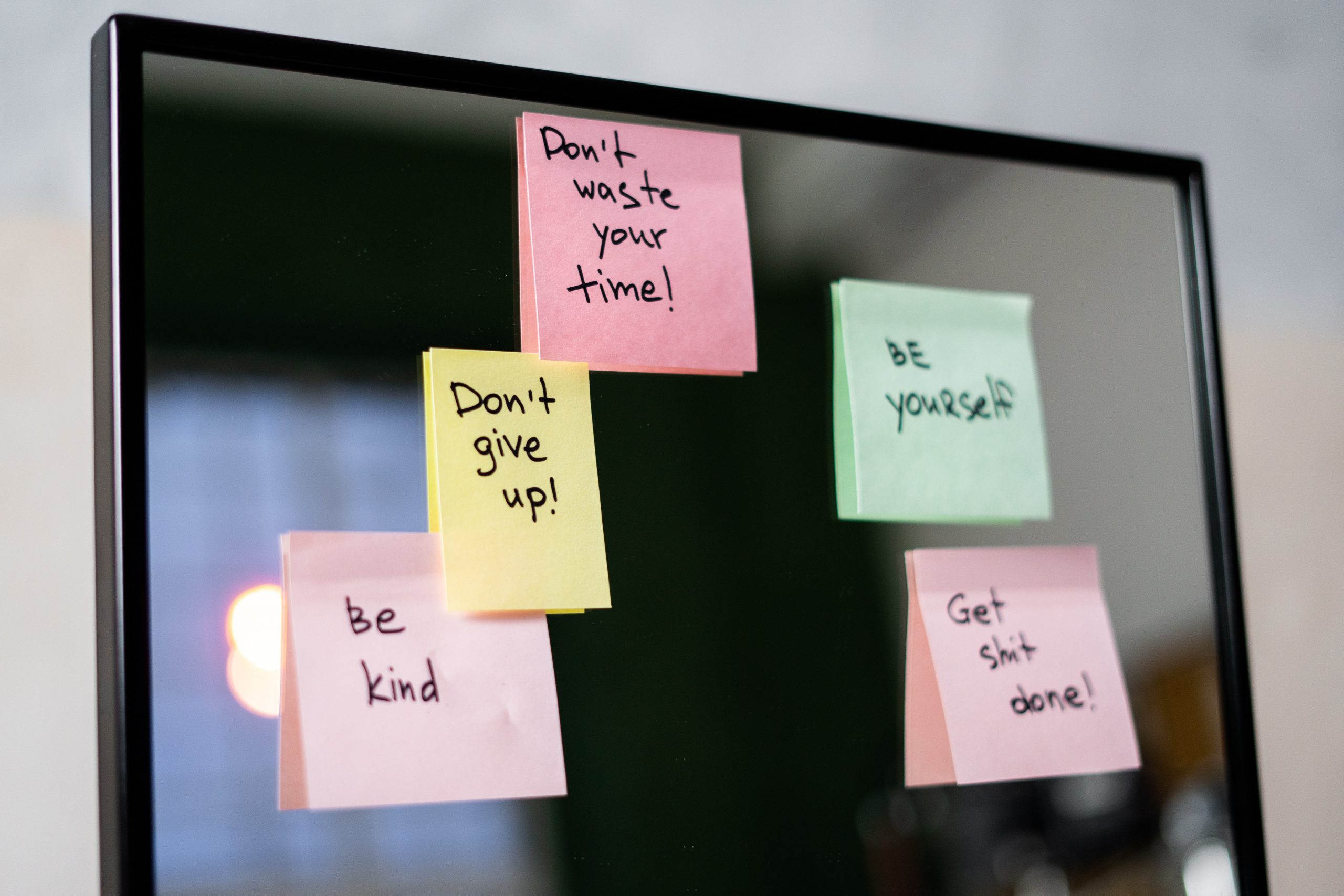In the fast-paced world we live in, stress has become an inevitable part of our lives. Whether it’s related to work, relationships, or personal goals, stress can significantly impact our personal development plans. Recognizing the influence of stress and learning effective strategies to avoid burnout is crucial for maintaining a healthy balance between ambition and well-being.
The Impact of Stress on Personal Development:
1. Cognitive Impairment: Stress triggers the release of cortisol, a hormone that, in prolonged exposure, can impair cognitive function. This can hinder the ability to think clearly, make decisions, and solve problems—essential aspects of personal development.
2. Emotional Well-being: Chronic stress can contribute to emotional challenges such as anxiety and depression, which can undermine confidence and motivation. A negative mindset can impede progress in personal development goals.
3. Physical Health: The mind and body are interconnected. Persistent stress can manifest physically, leading to issues like insomnia, fatigue, and compromised immune function. A healthy body is fundamental to sustained personal growth.
4. Relationship Strain: Stress often spills over into our relationships, causing tension with friends, family, and colleagues. Healthy relationships are a cornerstone of personal development, and chronic stress can hinder the ability to build and maintain them.
Strategies to Avoid Burnout and Foster Personal Development:
1. Mindfulness and Meditation: Incorporate mindfulness practices into your routine. Meditation and deep-breathing exercises can help reduce stress, improve focus, and enhance overall well-being. Allocating even a few minutes each day to mindfulness can make a significant difference.
2. Effective Time Management: Develop realistic and achievable goals, and prioritize tasks based on importance and urgency. Break down larger goals into smaller, manageable steps. This can prevent overwhelm and make the personal development journey more sustainable.
3. Set Boundaries: Learn to say no and set clear boundaries in both professional and personal spheres. Overcommitting can lead to burnout, so it’s crucial to prioritize self-care and protect your mental and emotional well-being.
4. Regular Breaks and Self-Care: Taking breaks throughout the day, as well as incorporating self-care practices, is essential for stress management. Whether it’s a short walk, a hobby, or quality time with loved ones, these activities contribute to a more balanced and fulfilling life.
5. Seek Support: Don’t hesitate to seek support from friends, family, or professionals. Discussing challenges and sharing the burden can alleviate stress and provide valuable perspectives on personal development.
6. Adaptability and Resilience: Life is unpredictable, and personal development plans may need adjustments. Cultivate adaptability and resilience to navigate unexpected challenges without succumbing to chronic stress.
While personal development is a worthy pursuit, it is essential to recognize the role of stress and actively manage its impact. By incorporating mindfulness, effective time management, setting boundaries, prioritizing self-care, seeking support, and fostering adaptability, individuals can avoid burnout and create a sustainable path towards personal growth. Balancing ambition with well-being is not only key to achieving goals but is also fundamental to leading a fulfilling and meaningful life.









